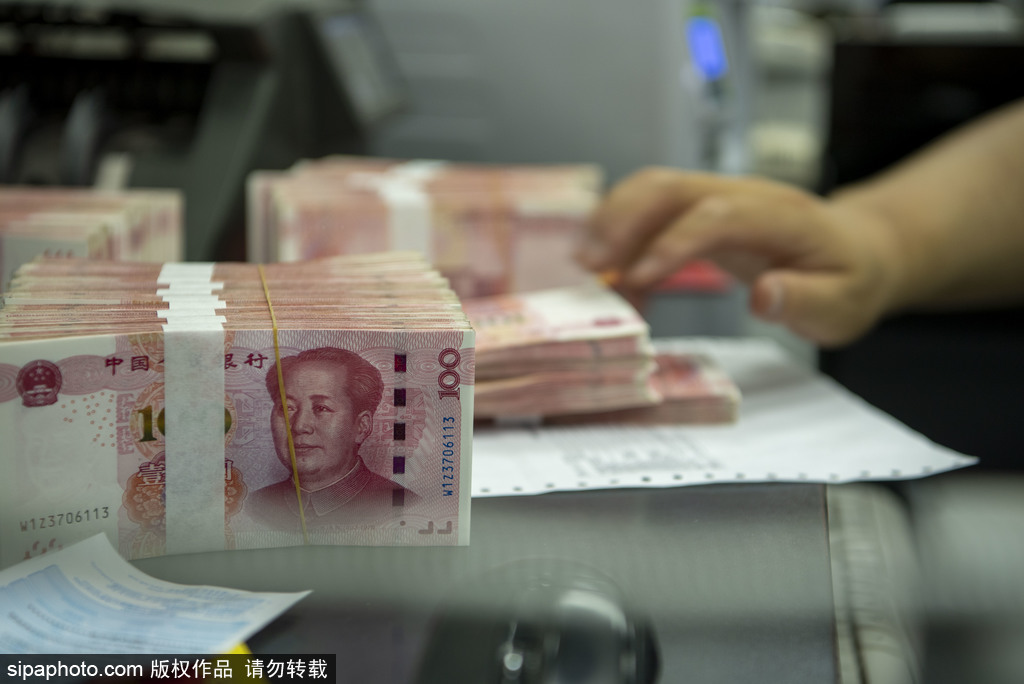Budgetary prowess seen key to debt management


Strengthening budget management and intensifying accountability for any deviations will be key to addressing risks associated with China's local government hidden debt, said a senior expert of public finance.
Optimizing the management of government budgets and bringing all the revenue generated through government credit on the books will "extinguish the fire under a boiling pot", referring to resolving the root of hidden local government debt," said Yang Zhiyong, director of the Center for Public Finance and Taxation Research, which is part of the Chinese Academy of Social Sciences, a leading think tank.
To achieve such a goal, strengthening accountability is considered pivotal, Yang said in an exclusive interview with China Daily.
"Borrowing limits must be adhered to. In the case of any deviations, individuals responsible should be held accountable, rather than assuming collective blame."
With the downtrend of China's real estate market weighing on local government land sales revenue, risks of local government debt — including hidden debt that is not officially recorded or disclosed — have been in the spotlight.
According to a report delivered by Finance Minister Lan Fo'an earlier this month, the country's government statutory debt balance was 70.77 trillion yuan ($9.98 trillion) by the end of 2023, representing 56.1 percent of the country's annual GDP. Of this amount, 30.03 trillion yuan was represented by treasury bonds and 40.74 trillion yuan was local government statutory debt.
Meanwhile, China has not released official estimates of hidden government debt — which typically takes the form of debt raised by local government financing vehicles, or entities created by local governments to finance public infrastructure and other projects.
Lou Jiwei, a former finance minister, said in an article last year that market sources estimate that the country's balance of local government hidden debt is about 30 to 50 trillion yuan.
"When it comes to the overall quantity of local government debt, I don't see it as a major concern, regardless of what measurement or gauge is used," Yang said.
Nevertheless, it is crucial to pay attention to the risk situation of certain regions, he added.
"It's not necessarily the areas with high levels of borrowing that pose problems. Some regions borrow less, but if their financial capabilities are weak, we must ensure their difficulties don't affect the entire system," Yang said.
In the short term, Yang said proposals are in place for the country to issue additional treasury bonds to swap some outstanding debt of local governments and their financing vehicles to address their immediate financial woes.
However, the more paramount task lies in preventing hidden debt from recurring, or establishing long-term mechanisms for preventing and defusing hidden debt risks. This requires that all the revenue generated from debt raised through government credit be incorporated into budget management.
The resolution adopted in July at the third plenary session of the 20th Central Committee of the Communist Party of China said that all revenue generated on the basis of the exercise of administrative power, government credit, and State-owned resources and assets should be placed under government budgetary management.
Yang said it is also important to ease local government debt risks by boosting local tax revenue, especially through increasing the proportion that local governments can obtain from fiscal revenue they share with the central government, such as value-added taxes, corporate income taxes and individual income taxes.
Yang added that he does not take the resolution's call for improving the tax system in the real estate sector as a sign the country will soon levy property taxes, a potential source of local government revenue.
"How much tax burden the property sector can further bear should be considered comprehensively," he said.
In an interview with Xinhua News Agency last month, Pan Gongsheng, governor of the People's Bank of China, the country's central bank, said the number of local government financing vehicles and the level of outstanding debt have been consistently decreasing, leading to continuous risk mitigation.





































